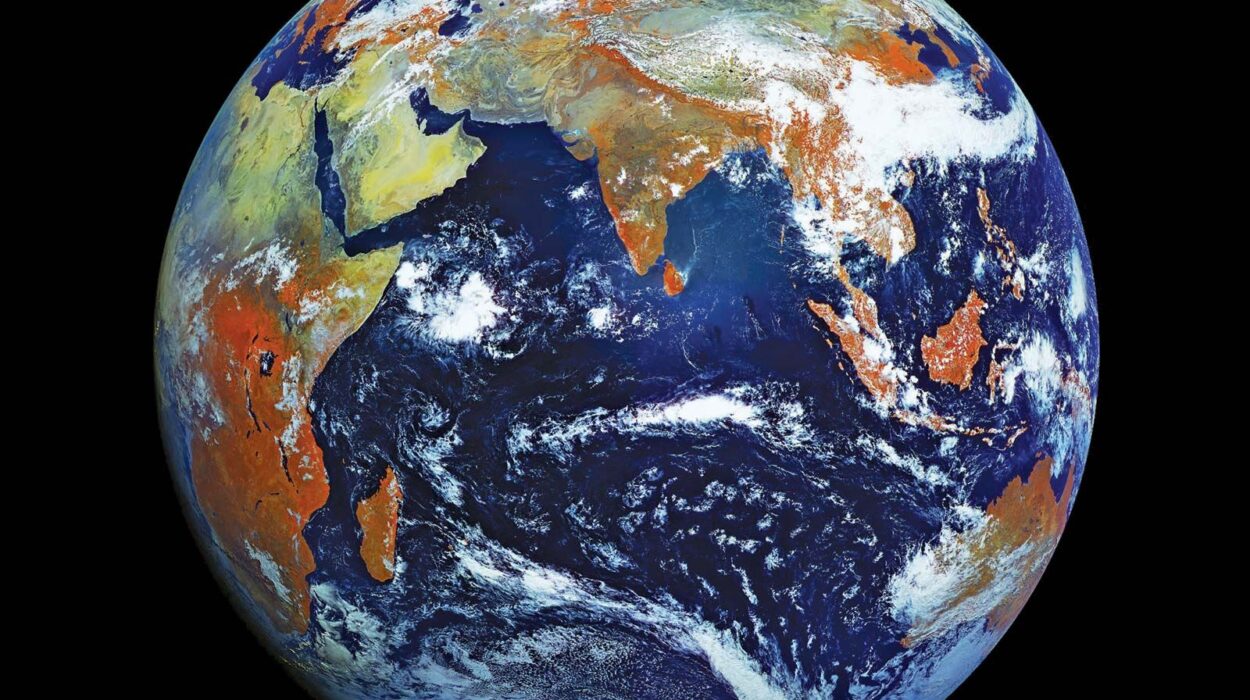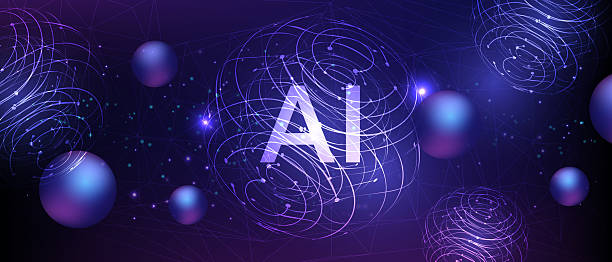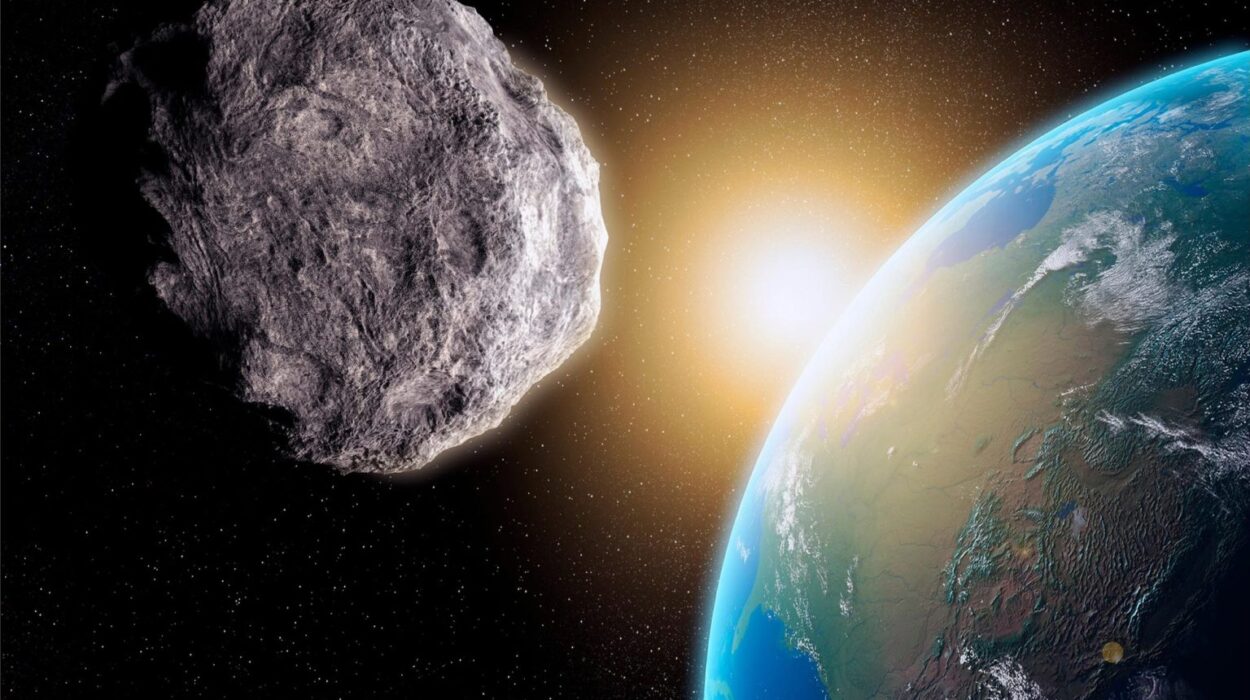From the earliest whispers of civilization, humanity has asked a question that transcends time, culture, and belief: what is the purpose of our existence? This inquiry is woven into the songs of ancient poets, the debates of philosophers, the prayers of mystics, and the equations of scientists. It is not merely an intellectual puzzle but a yearning, an ache at the core of consciousness that refuses to be silenced. Even when survival demanded all our attention—hunting food, sheltering from storms, escaping predators—humans still looked at the stars and wondered why we were here. The persistence of this question reveals that our search for meaning is not an ornament of life, but part of its essence.
Modern science and philosophy do not offer a single, definitive answer. Instead, they open doorways into different ways of seeing. Biology explains how life arises and persists. Cosmology tells the story of our universe. Neuroscience unravels the mysteries of the mind. Philosophy explores the values and narratives that give our lives coherence. Together, these perspectives do not converge into one final truth, but they illuminate the path. To seek the purpose of our existence is not to arrive at a final conclusion, but to deepen our understanding of ourselves and our place in the cosmos.
Life as the Product of Cosmic Evolution
At the most fundamental level, our existence is the outcome of an unfolding cosmic story. The atoms that compose our bodies were forged in the hearts of ancient stars. Billions of years ago, those stars exploded, scattering heavy elements across the cosmos, seeding galaxies and worlds. On Earth, through processes still not fully understood, chemistry gave rise to biology. Molecules combined, self-replicating structures emerged, and natural selection shaped the branching tree of life.
From the perspective of evolutionary biology, the immediate purpose of existence for living organisms is survival and reproduction. Genes strive, through the machinery of bodies, to copy themselves into the future. Human beings, like every species, are biological vehicles for genetic continuity. Yet while this is scientifically accurate, it cannot capture the entirety of human experience. We are not simply replicating machines. The rise of consciousness changed everything. With the capacity for thought, memory, imagination, and language, humans stepped beyond blind instinct. We began to tell stories, to create cultures, to seek justice, beauty, and truth. Evolution equipped us not only with the will to survive but with the desire to understand, and it is within this desire that deeper purposes may be found.
Consciousness and the Awakening of Meaning
The emergence of consciousness is one of the most profound mysteries of existence. Out of matter came mind. Out of neurons firing in the brain emerged awareness, sensation, and thought. Science can trace the neural correlates of consciousness, but the essence of subjective experience—the feeling of being alive—remains elusive. Yet it is this awareness that transforms the human quest for meaning into something unique in the animal kingdom.
Consciousness allows us to reflect on our mortality, to anticipate the future, and to imagine alternate realities. We are aware that life is finite, and this knowledge compels us to ask what makes our days worthwhile. The sense of purpose becomes a deeply human need, as essential as food or shelter. Without meaning, life risks collapsing into emptiness; with meaning, even suffering can be endured with dignity.
Philosophers have long debated whether meaning is discovered or created. Some traditions argue that purpose is embedded in the structure of the cosmos, waiting to be uncovered, like a hidden law of physics. Others claim that meaning is not given but made, arising from our choices, relationships, and projects. Perhaps the truth lies in both directions. The universe offers patterns, opportunities, and constraints, while human consciousness weaves these into narratives that become our personal and collective purposes.
The Role of Science in Our Search
Science does not dictate moral purposes, but it provides a framework for understanding where we come from and what we are made of. Through cosmology, we learn that the universe is nearly 14 billion years old, and that Earth is a tiny planet orbiting an ordinary star on the edge of a galaxy among hundreds of billions. Through biology, we discover our kinship with all forms of life, recognizing that every human shares ancestry with ancient bacteria and that the DNA we carry connects us to the tree of life. Through neuroscience, we glimpse the astonishing complexity of the brain, with its billions of neurons and trillions of connections, each moment shaping thought and perception.
These scientific insights can be unsettling. They remind us that we are small, fleeting, and fragile in a vast cosmos indifferent to our fate. But they also grant us wonder. To exist at all in such an immense universe is extraordinary. The fact that atoms, forged in stars, can come together to form beings who question their purpose is nothing short of miraculous. Science does not reduce meaning; it enriches it. By showing us the immensity of the universe, it deepens our gratitude for the rare gift of consciousness.
The Interplay of Mortality and Meaning
One of the most pressing realities shaping the purpose of our existence is mortality. Every human life is finite. From the moment of birth, the clock begins ticking toward an inevitable end. For some, this awareness provokes despair, making existence feel fleeting and purposeless. For others, mortality sharpens meaning, urging us to live more intensely, to cherish the present, and to leave something behind.
Throughout history, different cultures have responded to mortality in different ways. Ancient Egyptians built pyramids to preserve their kings for eternity. Hindu and Buddhist traditions envisioned cycles of rebirth and karma, where purpose lay in transcending suffering. Monotheistic religions offered visions of eternal life, where existence on Earth was a preparation for something beyond. In contrast, secular philosophies often locate meaning not in eternity but in legacy—the works we create, the love we share, the knowledge we pass on.
What unites these perspectives is the recognition that mortality is not a barrier to meaning but its companion. The fact that life ends is precisely what makes each moment valuable. Without limits, experience would lose intensity. Death, paradoxically, gives life purpose.
Purpose in Relationships and Community
While individuals search for personal meaning, much of our purpose arises from relationships. Evolution shaped humans as social beings, dependent on cooperation and connection. Neuroscience shows that our brains are wired for empathy; we mirror the emotions of others and find joy in shared experience. Across cultures, people report that love, family, and community are among the deepest sources of meaning in life.
Purpose emerges in the bonds we form with others, in the children we raise, the friendships we nurture, the communities we build. It is in these connections that we transcend isolation and participate in something larger than ourselves. Social bonds also carry evolutionary logic: they increase survival, provide security, and enable collective progress. But beyond biology, they fulfill emotional and existential needs, answering our yearning for belonging.
Even in science, purpose is communal. Knowledge is not created in isolation but through networks of collaboration across generations. Each discovery is built upon the work of countless predecessors, and each scientist hopes to contribute to a chain that extends beyond their lifetime. In this sense, human purpose is interwoven into the collective progress of humanity.
The Creative Drive of Humanity
Another profound source of purpose lies in creativity. From cave paintings to symphonies, from mathematical theories to space exploration, humans have always sought to create beyond necessity. Creativity is more than survival; it is expression. It reflects the human desire to leave a mark, to shape reality through imagination.
Art, literature, and music do not reproduce genes or ensure food, yet they enrich life immeasurably. They allow individuals to transcend the limits of their immediate circumstances, to communicate across centuries, to give voice to joy and sorrow. Similarly, scientific and technological creativity reshapes our relationship with the world. The discovery of fire, the invention of the wheel, the harnessing of electricity, and the exploration of space—all are acts of human imagination made real.
Creativity reflects the interplay of freedom and necessity. We are constrained by biology and environment, yet within those boundaries we carve new possibilities. Purpose arises in that act of creation, in shaping the world not as it is but as it might be.
Ethics, Responsibility, and the Larger Human Story
The purpose of existence cannot be separated from the question of responsibility. As conscious beings with immense power—scientific, technological, and social—we face ethical choices that shape not only our own lives but the future of the planet.
In the modern age, this responsibility is urgent. Humanity possesses the ability to alter the climate, to extinguish species, to harness nuclear energy, to manipulate genetics. These powers force us to ask not only what we can do but what we should do. Purpose becomes inseparable from stewardship: to live meaningfully is also to ensure that future generations inherit a livable world.
Ethics gives purpose a moral dimension. While survival and reproduction explain biological existence, ethics expands our horizon to include justice, compassion, and dignity. The pursuit of equality, the defense of human rights, and the protection of ecosystems are not merely optional; they are expressions of a purpose that transcends the individual and embraces the collective fate of humanity.
The Cosmic Perspective
Carl Sagan once wrote that we are “star stuff contemplating the stars.” This phrase captures the paradox of our existence: we are tiny fragments of the cosmos, yet we are capable of reflecting upon the whole. When we look at galaxies billions of light-years away, when we probe the earliest moments of the universe, when we imagine worlds beyond our own, we participate in a cosmic dialogue.
The purpose of existence may not be written in the stars, but the stars remind us of the grandeur of the stage on which life unfolds. The universe does not need us, yet through us it becomes self-aware. In our consciousness, the cosmos looks back upon itself. This is not an answer but an invitation: to see existence as a partnership between humanity and the universe, where our purpose lies in deepening that awareness.
Toward a Synthesis of Purpose
If we weave together the threads of biology, consciousness, relationships, creativity, and ethics, a vision of purpose emerges—not as a single answer but as a tapestry. Our existence arises from evolutionary processes, yet it transcends them through the gift of awareness. We are mortal, yet within that mortality lies the urgency to create, connect, and care. We are individuals, yet our deepest meanings arise in community and in contributing to the unfolding story of humanity.
The ultimate purpose of our existence may not be given from outside. It may not be decreed by the stars or encoded in the laws of physics. Rather, it is something we create within the conditions the universe has provided. It is to live consciously, to love deeply, to create boldly, to act responsibly, and to awaken to the mystery that we are here at all.
Conclusion: The Beauty of the Question
Perhaps the ultimate purpose of existence is not to find a final answer, but to live within the question itself. To ask why we are here is to exercise the very capacities that make us human—curiosity, imagination, reflection. Each individual life contributes a verse to the ongoing human story, and the diversity of answers enriches the whole.
Science reveals that we are fleeting beings on a small planet, yet it also shows that the atoms in our bodies were forged in stars and that consciousness itself is one of the rarest phenomena in the cosmos. This alone can be purpose enough: to honor the improbable gift of existence by living with wonder, compassion, and creativity.
The universe may not speak in words, but in our lives it sings. Our task is not merely to survive, but to listen to that song and add our own melody. The ultimate purpose of our existence may be no more and no less than this: to awaken fully to life, to shape meaning in a universe that gives us the freedom to do so, and to leave the world more luminous for those who follow.






